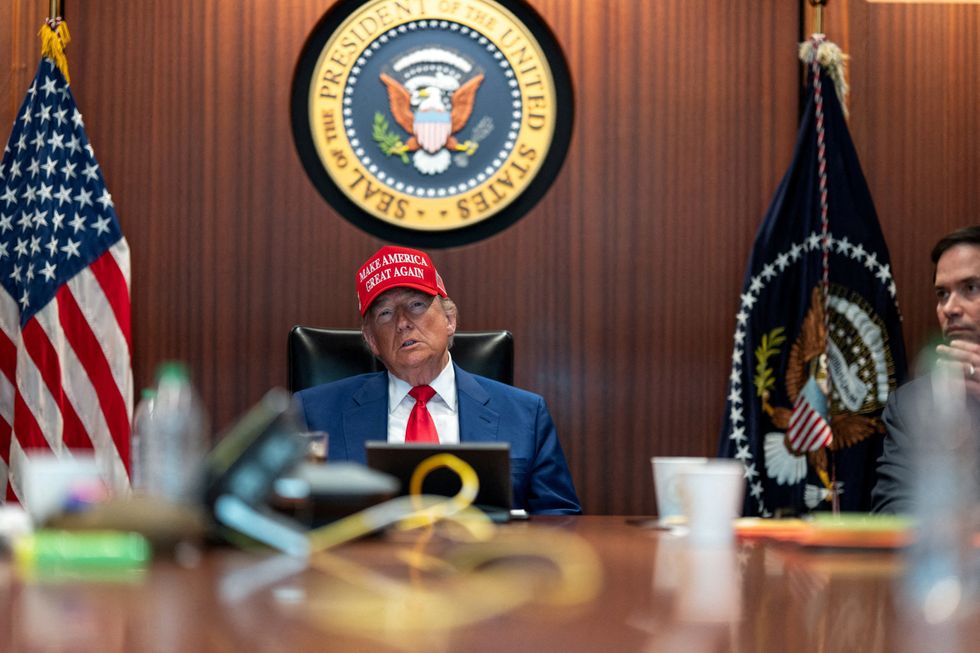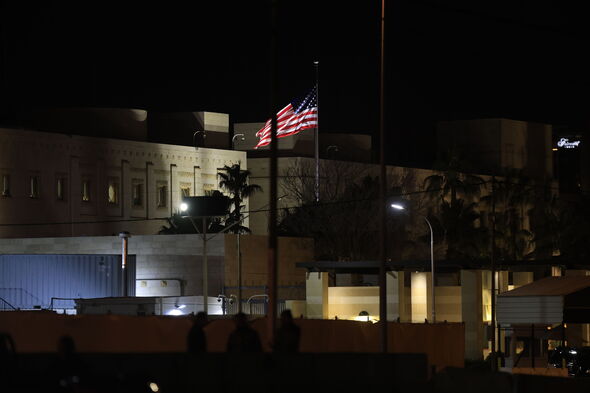
BREAKING: A newly disclosed Justice Department memo reveals a stark contradiction between President Donald Trump’s public narrative and the private legal rationale behind a series of deadly boat strikes in the Caribbean. This urgent update highlights a significant divide as the memo uncovers the administration’s legal justification for targeting drug cartels in the region.
The Justice Department memo, reported by the Guardian, indicates that the Trump administration has characterized the missile strikes as acts of collective self-defense on behalf of allies like Mexico and Colombia. Sources familiar with the classified opinion from the Office of Legal Counsel suggest that this rationale is built on an unproven premise: drug cartels are allegedly using profits from cocaine shipments to wage armed violence against these governments.
As a result, legal analysts argue that these strikes are intended to target cocaine shipments, meaning that any casualties—civilian or otherwise—should be classified as collateral damage rather than murder. This stark contrast raises critical questions about the administration’s narrative, as Trump has framed the strikes as necessary actions to combat rising overdose deaths in the U.S.
A White House official has clarified that Trump’s public statements do not constitute a legal argument. Yet, the president’s comments remain the sole public justification for the U.S. missile strikes, while the actual legal rationale is far more complex and controversial.
Critics have voiced serious concerns about the validity of this new legal theory. According to law professor Martin Lederman, a former deputy assistant attorney general, “A significant problem with this theory is that they still have not identified any state that’s engaged in an armed conflict with a particular cartel.” He further emphasized that there is no evidence showing that another state has requested U.S. intervention to target cocaine shipments that allegedly fund violence against them.
The implications of this memo are immense, as it comes on the heels of the arrival of the USS Gerald R. Ford, the world’s most advanced aircraft carrier, in the Caribbean. This development adds a layer of urgency to the ongoing military operations in the region, as tensions surrounding drug cartels and U.S. involvement escalate.
With more than 80 people reported killed in these strikes, the stakes are high. The Pentagon has yet to comment on the revelations in the memo, leaving many questions unanswered about the legality and morality of these military actions.
As this story unfolds, observers are urged to stay tuned for further updates on the evolving situation. The discrepancies between the public narrative and legal justification could have significant repercussions for U.S. foreign policy and military engagement in the Caribbean.
In these critical times, understanding the full context behind these strikes is more important than ever. The legal justifications, public statements, and the human impact of these actions will remain at the forefront of discussions as we await further clarifications from officials.





